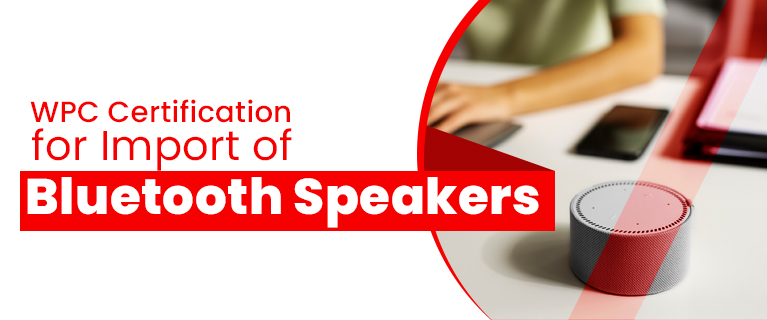Understanding The Difference Between ETA and WPC License
When it comes to obtaining licenses for wireless communication devices and equipment in India, two important regulatory bodies come into play: The Electronics and Telecommunication Engineering (ETE) Test Agency and the Wireless Planning and Coordination (WPC) Wing. In this blog, we will explore the key differences between ETA and WPC License, shedding light on their roles, functions, and the specific licenses they issue. Understanding these distinctions is crucial for individuals and businesses seeking to comply with the relevant regulations and obtain the necessary approvals for their wireless communication operations.
1. Role and Function of ETA
The Electronics and Telecommunication Engineering (ETE) Test Agency is responsible for testing and certifying various electronic and telecommunication products in India. ETA evaluates the technical compliance and conformity of these products with the applicable standards and specifications. The agency ensures that the devices meet the required safety, electromagnetic compatibility, and performance standards before they can be legally used in the country. ETA issues the Equipment Type Approval (ETA) certification, which verifies the compliance of devices with the prescribed technical requirements.
2. Role and Function of WPC
In India, the Department of Telecommunications (DoT) has a regulatory agency known as the Wireless Planning and Coordination (WPC) Wing. The WPC oversees the allocation and management of radio frequency spectrum for wireless communication operations. It ensures that the usage of spectrum is optimized, coordinated, and compliant with the regulations. The WPC issues licenses for the legal use of wireless communication devices and equipment. These licenses are mandatory for operating wireless devices within specific frequency bands, and they are categorized based on the type of service or communication operation.
3. Licensing Authority
One of the primary differences between ETA and WPC certification is the authority responsible for issuing the licenses. ETA licenses are issued by the ETA Test Agency, whereas WPC licenses are issued by the Wireless Planning and Coordination Wing of the Department of Telecommunications.
4. Focus and Scope
ETA primarily focuses on the testing and certification of electronic and telecommunication products, ensuring their compliance with technical standards and specifications. On the other hand, WPC's focus is on the allocation and regulation of radio frequency spectrum and the issuance of licenses for the legal use of wireless communication devices within specific frequency bands.
5. Approval Process and Requirements
To obtain an ETA certification, manufacturers or importers of electronic and telecommunication products must submit their devices for testing and evaluation by an authorized ETA testing laboratory. The products need to meet the specified technical requirements to receive the certification.
In contrast, obtaining a WPC license involves submitting the necessary documents and information related to the wireless communication operations, such as equipment details, frequency requirements, and compliance reports. The license is issued by the WPC after ensuring compliance with the regulations and allocation of the appropriate frequency band.
6. Compliance and Validity
ETA certifications verify the compliance of electronic and telecommunication products with technical standards and specifications. These certifications do not have a specific validity period but are typically required for importing or selling the certified products in the Indian market.
WPC licenses, on the other hand, have a specified validity period, which varies depending on the license category and the purpose of wireless communication. The licenses need to be renewed before their expiration to ensure ongoing compliance and uninterrupted operations.
Read Also This - Understanding the Cost of WPC License in IndiaConclusion
ETA and WPC serve distinct roles in the regulatory landscape of wireless communication in India. While ETA focuses on testing and certifying electronic and telecommunication products, WPC oversees the allocation of radio frequency spectrum and issues licenses for wireless communication operations. Understanding the differences between ETA and WPC is crucial for individuals and businesses seeking to navigate the regulatory requirements and obtain the necessary approvals for seeking the license.


Comments
Post a Comment